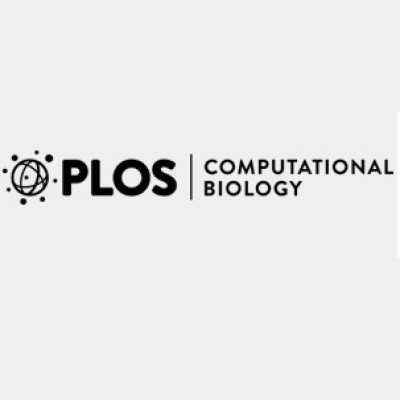Publication
A mesoscopic simulator to uncover heterogeneity and evolutionary dynamics in tumors
J. Jiménez-Sánchez, A. Martínez-Rubio, A. Popov, J. Pérez-Beteta, Y. Azimzade, D. Molina-García, J. Belmonte-Beitia, G.F. Calvo, V.M. Pérez-García
PLoS Computational Biology 17(2) e1008266 (2021).
MOLAB authors
Abstract
ncreasingly complex in-silico modeling approaches offer a way to simultaneously access cancerous processes at different spatio-temporal scales. High-level models, such as those based on partial differential equations, are computationally affordable and allow large tumor sizes and long temporal windows to be studied, but miss the discrete nature of many key underlying cellular processes. Individual-based approaches provide a much more detailed description of tumors, but have difficulties when trying to handle full-sized real cancers. Thus, there exists a trade-off between the integration of macroscopic and microscopic information, now widely available, and the ability to attain clinical tumor sizes. In this paper we put forward a stochastic mesoscopic simulation framework that incorporates key cellular processes during tumor progression while keeping computational costs to a minimum. Our framework captures a physical scale that allows both the incorporation of microscopic information, tracking the spatio-temporal emergence of tumor heterogeneity and the underlying evolutionary dynamics, and the reconstruction of clinically sized tumors from high-resolution medical imaging data, with the additional benefit of low computational cost. We illustrate the functionality of our modeling approach for the case of glioblastoma, a paradigm of tumor heterogeneity that remains extremely challenging in the clinical setting.















